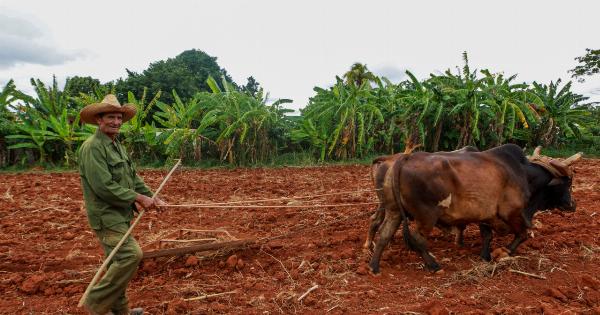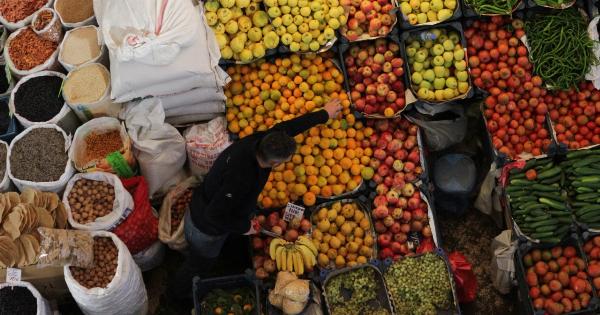Pesticides play a crucial role in modern agriculture by protecting crops from harmful pests and diseases.
However, it is important to be mindful of the potential risks associated with pesticide use and make informed choices when purchasing and using these products. This article aims to provide guidance on what to avoid and what to consider when buying pesticides.
1. Avoid Synthetic Chemicals
Synthetic chemical pesticides have been widely used in agriculture for decades. However, many of these chemicals are known to have harmful effects on human health and the environment.
It is advisable to avoid pesticides containing synthetic chemicals whenever possible.
2. Consider Organic Alternatives
Organic pesticides, made from natural ingredients, are a safer alternative to synthetic chemicals. These pesticides are derived from plants, minerals, or other natural sources and are less likely to cause harm to humans or the environment.
Look for products that are certified organic to ensure their safety.
3. Avoid Persistent Pesticides
Some pesticides, such as organochlorines, can persist in the environment for long periods, leading to bioaccumulation in the food chain. These chemicals can have long-lasting impacts on ecosystems and human health.
It is best to steer clear of pesticides with a high persistence factor.
4. Choose Selective Pesticides
Selective pesticides target specific pests while minimizing harm to beneficial insects or organisms. These products can help maintain a balanced ecosystem in your garden or farm.
Selective pesticides are often more sustainable and environmentally friendly than broad-spectrum pesticides.
5. Avoid Systemic Pesticides
Systemic pesticides are absorbed by plants and distributed throughout their tissues, including the leaves, flowers, and fruits.
While systemic pesticides can be effective in controlling pests, they can also pose risks to pollinators and other beneficial insects. It is advisable to avoid systemic pesticides whenever possible.
6. Check for Residue Limits
When buying pesticide products, it is essential to check for residue limits set by regulatory authorities. Residue limits ensure that crops treated with pesticides do not contain excessive levels of harmful chemicals.
Opt for products that have undergone rigorous testing and adhere to these limits.
7. Avoid Very Toxic Pesticides
Some pesticides are highly toxic to humans and can cause acute poisoning or long-term health issues. In general, it is recommended to avoid highly toxic pesticides and opt for less harmful alternatives.
Always read product labels and look for warning signs indicating toxicity.
8. Consider Integrated Pest Management (IPM)
Integrated Pest Management is a holistic approach to pest control that aims to minimize pesticide use.
By considering alternative methods such as biological controls, crop rotation, and cultural practices, IPM can significantly reduce the reliance on pesticides. Look for products that support IPM principles.
9. Avoid Overuse
Overuse of pesticides can lead to the development of pesticide resistance in pests, making them harder to control in the long run. It can also harm beneficial insects and disrupt the natural balance of ecosystems.
Use pesticides judiciously and only when necessary. Follow recommended application rates and dosages.
10. Choose Environmentally Friendly Packaging
Consider the packaging of the pesticide product when making a purchase. Opt for products that use recyclable or biodegradable materials, as this reduces waste and environmental impact.
Conclusion
When it comes to purchasing pesticides, it is important to make informed choices that prioritize human health and environmental sustainability.
Avoiding synthetic chemicals, opting for organic alternatives, selecting selective and low-toxicity pesticides, and considering integrated pest management approaches can help promote a safer and more sustainable agricultural system.



























